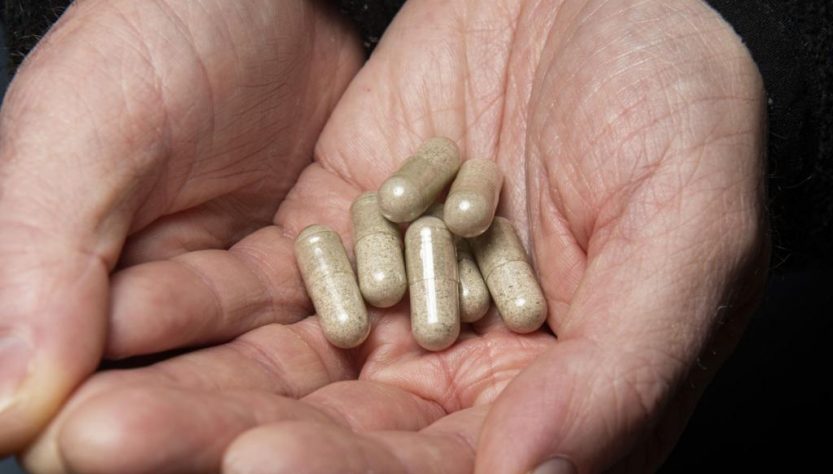Both medical experts and patients are interested in the expanding corpus of research indicating how psychedelic medicines can considerably enhance the mental health of persons with illnesses like treatment-resistant depression. In order to experience the hallucinatory effects of psychedelic substances such as LSD or psilocybin, microdosing necessitates taking a very small portion of the advised dosage or a sub-perceptual dose, which is far less than one would take for a trip. Before you search for mushroom capsules, let us know about the scientific results of microdosing.

Worketh microdosing? Briefly put, the verdict is still out. While some studies are far more persuasive and demonstrate little to no benefit from microdosing, others are much less so. In a recent study, 953 psilocybin microdosers and 180 non dosing participants were observed for 30 days in a naturalistic observational design. Results showed small to medium-sized improvements in mood and mental health that were generally consistent across gender, age, and the presence of mental health concerns. This study and similar ones seem to support the many anecdotal stories of persons who fervently extol the virtues of microdosing.
Less remarkable research has been done on microdosing. The strongest form of proof was used in one instance by the researchers, who carried out a randomized controlled study that eliminated the placebo effect. The 34 patients were divided evenly between psilocybin and placebo by the researchers.
The researchers came to the conclusion that low-dose psilocybin mushrooms did not demonstrate any objective evidence of increases in creativity, well-being, or cognitive function, despite some fascinating subjective effects and even some alterations in brain waves captured on EEG equipment. Studies like this one lend credence to the idea that the effects of psychedelics at these sub-perceptual dosages are largely anticipation effects and that a greater dosage is required to experience a therapeutic benefit.

